How Do Next Gen Leaders Flourish in Your Family Business? Part 1 in a 3-Part Series
May 19, 2023
The field of psychology is only 100 years old, and the field of Positive Psychology is about 25 years old. In 1998, executives at the American Psychological Association, led by Martin Seligman, realized they had a problem. Over 60% of the research to date focused on negative topics, like anxiety, depression and violence. That research was useful, but the tide was changing. Seligman and others realized that research needed to focus on more positive questions such as, “How do people flourish?”
To their credit, the published research clustered around 5 related topics, called the PERMA model. All of us can adopt this framework when we look in the mirror or when we look at our teams.
P stands for Positive Emotions (gratitude, empathy, care, love).
E stand for Engagement (finding flow, that balance in challenge and ability).
R stands for Relationships (the quality and quantity of authentic relationships). The
M stands for Meaning (what leads to a purposeful existence).
A stands for Achievement (a sense of accomplishment).
Hmmmm… So, the academics have defined a model based on research topics that help people flourish! What about the practitioners? How do we apply this PERMA model to our lives? Or to
our family enterprises?
In other words, “How do we learn how to flourish?”
All children explore the world beyond their cribs. Infants master how to crawl, then walk, then run. Throughout the world people imagine a better future. And we collaborate with those who share our visions for a better future. The 4,500 year recorded history of humanity is one of shared learning. Look at our libraries, languages, inventions, roads and infrastructures, global business and commerce.
We are a species of learners.
How about your family enterprise? When we developed the Assess Next Gen TM 360-leadership assessment, my co-founder Kent Rhodes, Ed.D., and I used four assumptions to help find the answer to that “How do we learn?” question.
Our four assumptions for learning behaviors are:
- Your curiosity is innate and can be nurtured
- Practicing personal mastery is the cornerstone of your learning organization
- Your mental models are like videos of your potential
- Great leaders co-create a shared vision of a better future
This article describes each of these assumptions and explains how you can assess your individual and team behaviors relating to them.
Most importantly, based on our research, we now know the top two behaviors that family business leaders can do to develop a flourishing family enterprise.
We started with 50+ behavioral items based on these assumptions, then we collected data from 400+ raters who participated in Assess Next Gen TM 360-leadership assessments. And we discovered something crucial. Naturally, these results may change when we have a larger sample population. But as of May, 2023, we know the top two most important behaviors for learners to practice in a family enterprise:
- Reward employees who provide outstanding service
- Provide performance feedback for my direct reports
These two behaviors are crucial for Next Gen/Rising leaders in a family enterprise.
Hmmm… Are you rewarding employees and providing feedback? Are the non-family leaders doing so? Are your family members doing so?
Our experience is that every successful family enterprise must reward employees and provide feedback. How else can people learn? How else can you reward desired behaviors? Yet, too many people shut down others. We reward attendance. Or tenure. Or new sales. So, how do you reward employees and provide feedback? The next article in this series will explain how you and your team can change these two behaviors.
For a comprehensive process to help develop your own leadership skills, or those of your next generation leaders, visit www.assessnextgen.com or schedule a complimentary call here to learn more.


